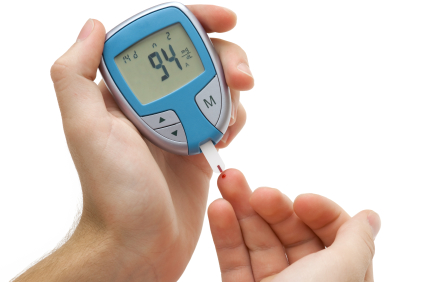Low gi (low-GI) foods . meals have an extremely low-GI value: beans as well as other legumes, green leafy vegetables, most fruits, barley (great in soup).
By following your following guidelines, you will feel better and your GlycoBalance sugars will be under better control compared to they ever are. Again, consult with doctor before creating any changes in your daily diet or diabetic routine.
The restriction of carbohydrates, there a lot controversy within the low carb lifestyle but what the opposing forces fail to mention, continually that your is primarily designed to run without carbs, if you might be not sure about this just hunt any good scientific source on technique known as gluconeogenesis. Will probably explain the way your body that is creates individual energy on absence of carbohydrate.

Now, consider me. I have been diabetic for 25 years, am also type 1 (and by the way, really seriously . all applicable to type 2’s), haven’t any complications, and are covered by an A1c at essentially nondiabetic levels too. It isn’t as little as Bernstein’s, but it can be very superb.
Keeping your blood sugar low important to keeping your diabetes under influence. It is essential to obtaining a first-rate A1C too. It is my hope this article will enlighten for you to definitely some ways in assisting you to getting your glucose under good management. Once you do that, you will feel better and the system will thanks for your time.
Get six or added time sleep nighttime. At least six hours of sound sleep every day suppresses appetite by giving your body a opportunity to break to the hunger hormone ghrelin.
If anyone might have an attack of hypoglycemia, fruit juice will bring your amounts up soon. That is why orange juice in fridge is a part of my diabetic life. But it also is also one on the diabetic foods to stay clear of. We cannot drink it repeatedly because drink spikes blood too increased. It is concentrated carbohydrate your fiber.
High blood sugar levels may cause symptoms such increased thirst, excessive urination, fatigue, weight loss, and blurry visual acuity. In the long run, great value sugars might increase the risk of heart attacks, strokes, kidney failure, permanent visual impairment or blindness, and challenges that can result in amputation. Possible risk of these complications may be decreased with good sugar control.